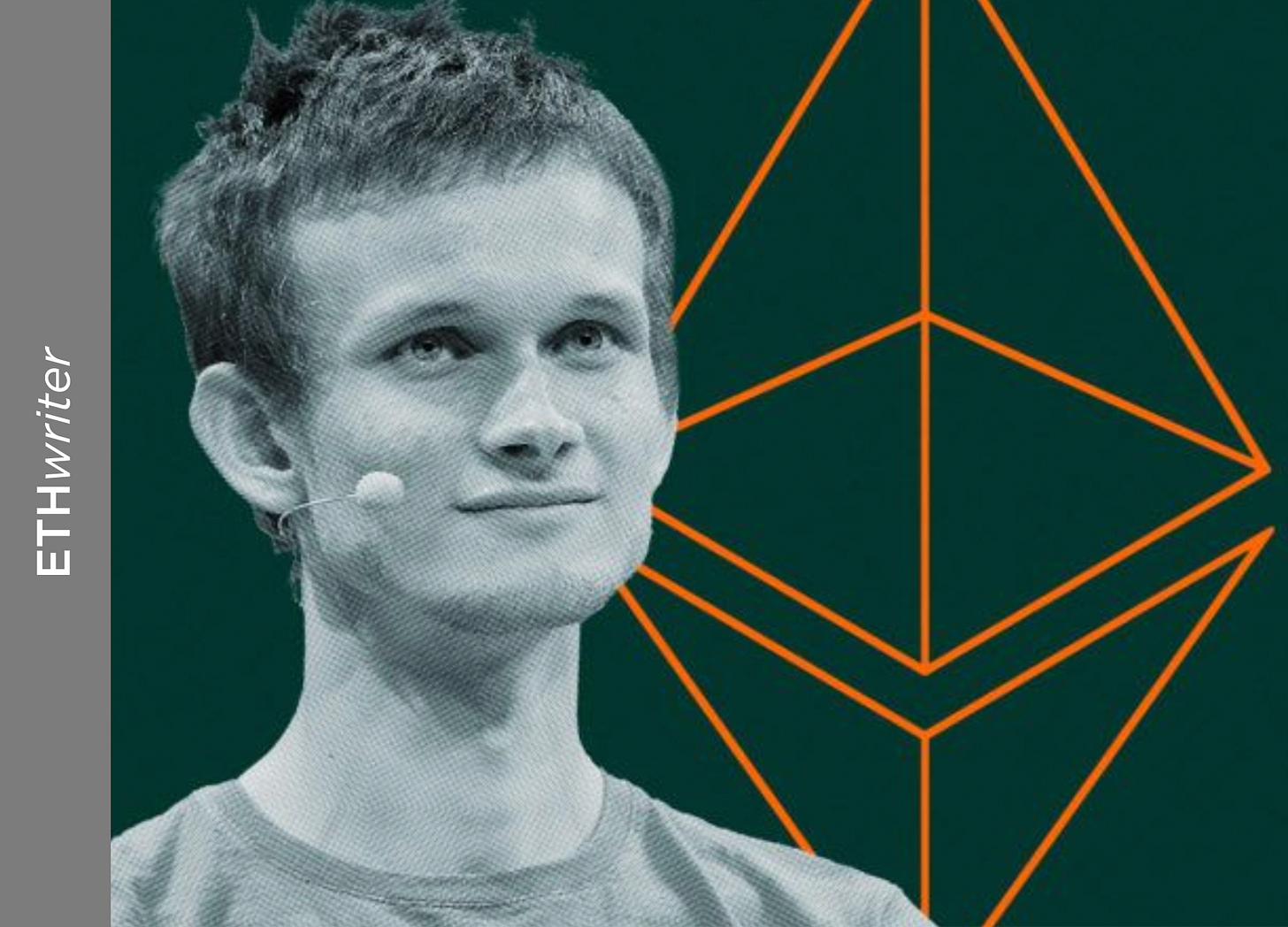Why the “Energy Inefficiency” FUD in Ethereum is Baseless
Proof-of-Work is the cheapest way to guarantee blockchain security
There is a deliberate, concerted effort from the upper echelon to discredit and water down the impact of blockchain and the sphere’s most valuable networks.
Their cross-hairs are on Bitcoin, Ethereum, and all Proof-of-Work powered systems.
It’s political.
Given, their strategy has been well-executed and very consequential for Bitcoin and crypto.
Why is this?
Blockchain and crypto adoption is just picking up, gaining momentum. However, a big part of this euphoria is by newbies, most of whom are in the game, mostly for quick profits.
Are they scaring the dog by killing chicken?
The rise of Dogecoin and Dogecoin-inspired memes are good examples.
Pump-and dump-schemes as well. Greed.
Funny enough, Elon Musk seems to be the godfather, the Dogefather spearheading this wave of misinformation.
The result is a bad rap to Bitcoin with the same hostility spilling over to Ethereum.
That Bitcoin, Ethereum, and similar networks are energy-inefficient and “making the world a bad place” got to be one of the jokes of the year.
Serious.
It’s a shame that it came from Elon Musk, the CEO of Tesla. Tesla is reliant on charging ports that are ironically powered by fossil fuels.
Tesla uses Cobalt from artisanal who exploit children while also damaging the environment in the Democratic Republic of Congo (DRC).
Almost every part that makes the physical world tick directly and negatively affects the environment.
On the other hand, Ethereum and Bitcoin are utilities existing in the digital realm. If anything, they are technologies behind one of the greatest disruptions in the last few decades.
What’s more, most of the Bitcoin and Ethereum mining, after all, use renewable energy.
Solid numbers are proving how Bitcoin, for instance, has inspired investment in renewable energy and how miners, say in Sichuan China, mop out excess energy from the grid.
But there would be nothing to discuss given the resistance from the status quo and their chugging machinery spewing senseless propaganda, frightening people.
Blockchain and Ethereum are innovations that will underpin the digital economy.
Tired of sub-one percent and negative interest rates? Have you heard of DeFi?
You an artist or in eCommerce and want to fight counterfeit, considering NFTs?
There are far too many ways of how blockchain and Ethereum can change the world for good.
DeFi commands upwards of $80 billion in TVL, and artists are already earning millions from the NFT wave.
We are in the very early phase of crypto and Ethereum adoption, and how quickly DeFi and NFTs have exploded to command billions is a testament to its utility.
Soon, a merger of the two (NFT and DeFi) would demonstrate the direct benefits of Ethereum as a technology and how it supersedes the FUD around energy.
At present, Ethereum might just be energy-intensive using the Proof-of-Work consensus algorithm. But this is for the good of the network and the incredible asset capital running, confident of its decentralization.
In fact, the absence of ASICs in Ethereum may actually be bad since these specialist rigs do convert electricity into something worthwhile: Hash power and better security in Ethereum.
The Age of Validators
Ethereum pointed out possible limitations of proof-of-Work, especially as adoption increases and ways of addressing it from its inception. We are at the tail end of Ethereum 1.0, and in the next phase, Ethereum 2.0, the network would be energy efficient, secure, and scalable—via Layer-2. Instead of miners who have to solve complex math and confirm blocks, validators will be randomly selected to approve blocks.
And the Eth 2.0 is already primed, with over $12.7 billion of ETH earning a decent yield.
Encouragingly, the merger has been expedited and scheduled for later this year, not in 2023.
This will set the ball rolling for the docking and deactivation of the Proof-of-Work machine and the era of unparalleled energy efficiency.
Sigma Prime’s prototype has demonstrated that Eth2 would be more than 99 percent more efficient than Eth1.
Parallel experiments also reveal how a 10,000 mAh power bank can power 10 Proof-of-Stake validators on a Raspberry Pi for straight 10 hours.
The Bitcoin, Ethereum, and Proof-of-Work energy debate is political. Crypto operators are energy and environmentally conscious, not rapacious dweebs as mainstream media describe them.
If they fought the internet, they will vehemently fight an innovation that’s much better.






Thanks for sharing out the points i will try to share as much as possible to my friends to help them understand everything as they believes Elon is right in his point so now i can show them this to prove my point too ;)
We need to make politics the nemesis of crypto. Politics ruin everything it touches, from sport to comedy, we don't want this space corrupted by idea-logs.